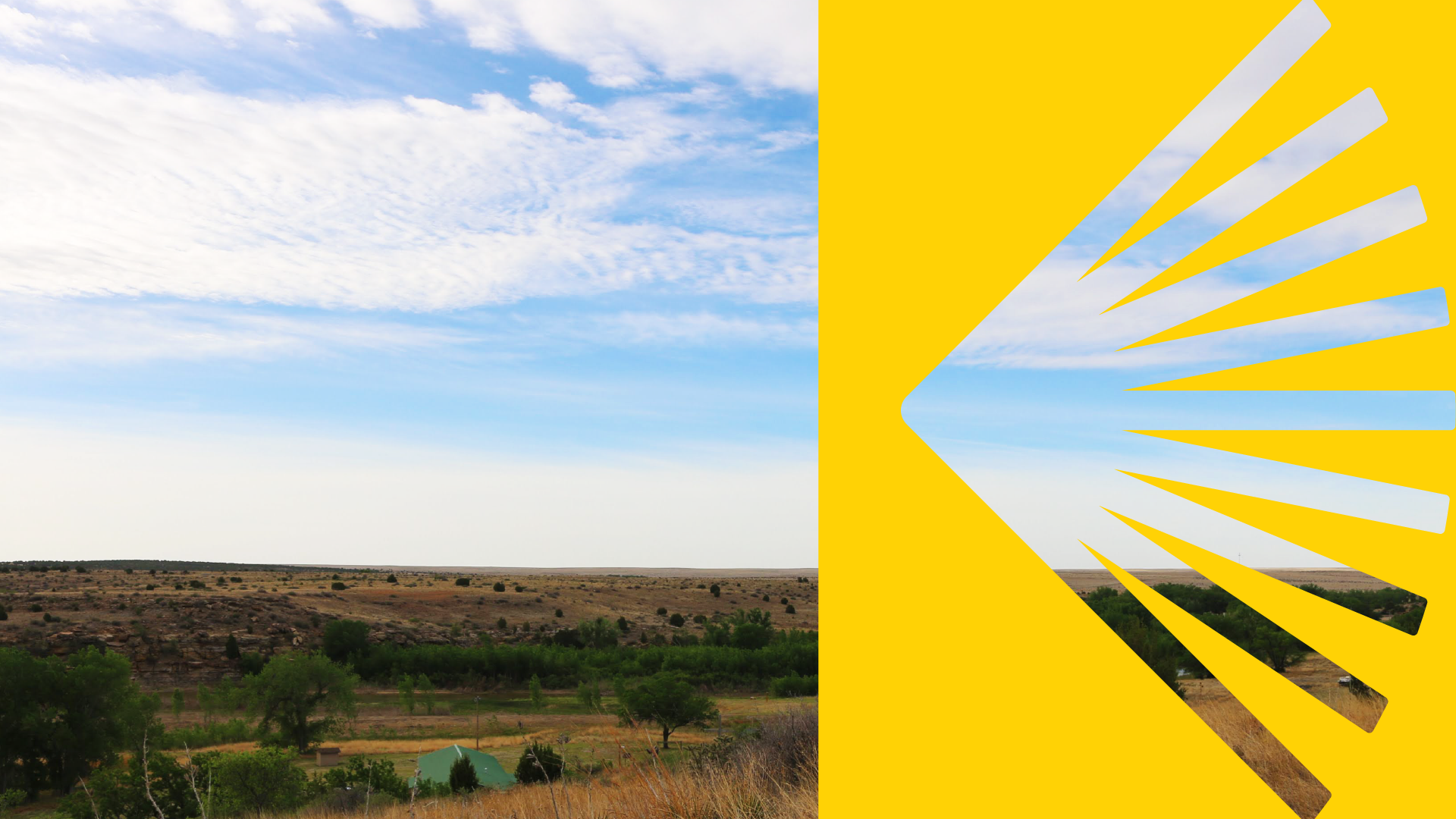
MHFA OK Resource Guide
24/7 Emergency Contacts & Statewide Resources
Mobile users: click on the number to dial immediately
Mental Health Lifeline: 988, or webchat at https://988lifeline.org/chat/.
Essential Community Services, dial 211. More information on 211.
ODMHSAS Community Services Directory- Search for services here: ODMHSAS Service Directory
Mobile Crisis, (833) 885-CARE (2273)
The Trevor Project, 899-488-7386 or text START to 678-678
Trauma Peer Support for First Responders-Warriors Rest Foundation.
Trans Lifeline, 877-565-8860
Crisis Text Line, Text HOME to 741-741
Crisis Text Line for BIPOC, Text STEVE to 741-741
Domestic Violence Hotline, 405-917-9922
Sexual Assault Hotline, 405-943-7273
Resources and Support for Sexual Assault Survivors Helping Survivors Website.
State Safeline (domestic violence, stalking, sexual assault), 800-522-7233
National Human Trafficking Hotline, 888-373-7888
Veteran Crisis Hotline, 800-273-8255 or text 838255
Military OneSource, 800-342-9647
In-Person Resources
CCBHC
Certified Community Behavioral Health Clinics, commonly referred to as CCBHCs, are a new provider type in Medicaid being offered across Oklahoma. CCBHCs are replacing the old Community Mental Health Center (CMHC) model.
CCBHCs are designed to provide a comprehensive range of mental health and substance use disorder services to vulnerable individuals. In return, CCBHCs receive an enhanced Medicaid reimbursement rate based on their costs of services to meet the needs of these populations.
Founded in 1980, the Regional Food Bank distributes food through a network of more than 1,300 community-based partner agencies and schools in 53 counties in central and western Oklahoma.
The Regional Food Bank not only distributes food, it is a leader in educating the public on hunger, advocating for those living with hunger and providing access to additional resources.
Urgent Recovery Clinics and Crisis Stabilization Units
Urgent Recovery Clinics (URC) and Crisis Stabilization Units (CSU) are places of stabilization that offer the community a no wrong door access to mental health and substance use care. These facilities operate similar like a hospital emergency department that accepts all walk-ins, ambulance, fire and police drop-offs. This level of care is not a hospital, but an intervention in-between to keep individuals in the least restrictive environment as possible. To learn more, or find a URC or CRU near you, Click the link here



